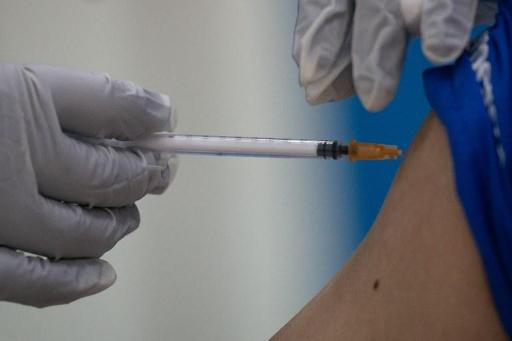Some 70,000 first doses of the Pfizer vaccine can be administered every week until the end of March without compromising the injection of the second dose, the vaccination task force said on Tuesday.
With deliveries of the product developed by Moderna being more uncertain, the task force announced a weekly average of 15,750 first doses, so as not to jeopardise the second injection.
The task force communicated its theoretical estimates for the administration of the Pfizer and Moderna vaccines, based on the situation on Friday, 26 February.
These calculations "do not take into account the operational aspects of distribution and logistics," the task force said.
Some 114,660 doses of the Pfizer vaccine are due to be delivered to Belgium this week. Over the next few weeks, 117,000 units are expected weekly.
Related News
- 100 Belgians given coronavirus vaccine after responding to Facebook post
- Where Belgium's leftover vaccines are going
- Brussels GPs want to be involved in vaccination campaign
This week, 90,893 doses of the Pfizer vaccine should be administered, of which 70,000 will be first injections and 20,893 will be second doses. The task force expects that an average of 70,000 first injections per week can be maintained until the end of March without compromising the administration of a second dose.
Three weeks should elapse between the two injections. Reserves are also set aside by the federated entities in case deliveries do not take place as planned. For this week, the Pfizer reserve amounts to 17,550 doses.
For the Moderna vaccine, deliveries are more uncertain. The injection of a first dose should therefore be done with caution. The task force estimates that Belgium can administer the first 15,750 doses until 5 April without compromising the second injection. Here, four weeks elapse between the two doses.
As of the most recent official figures, 509,948 people in Belgium have been partially vaccinated, and 314,319 people are now fully vaccinated against Covid-19.
The Brussels Times

